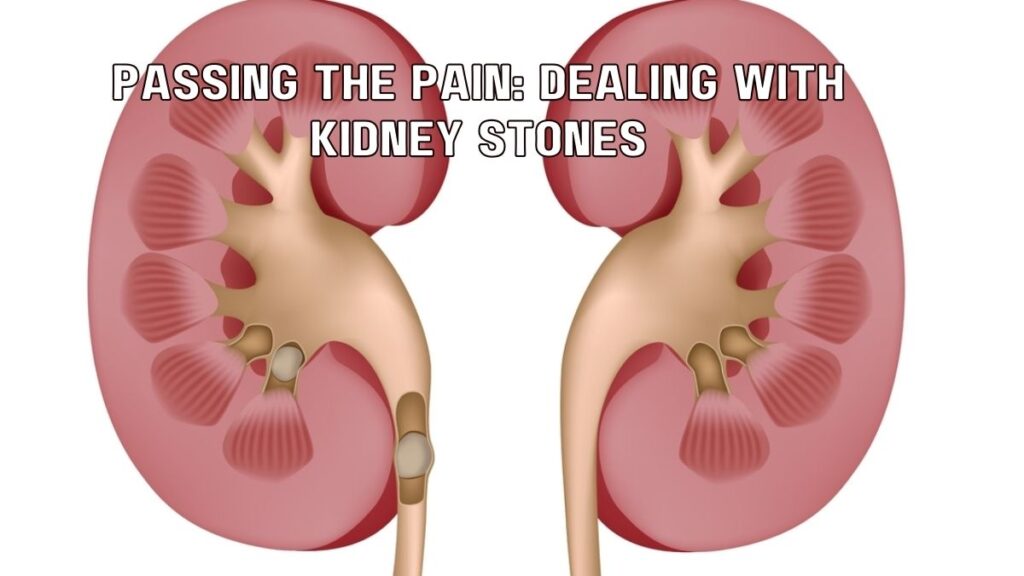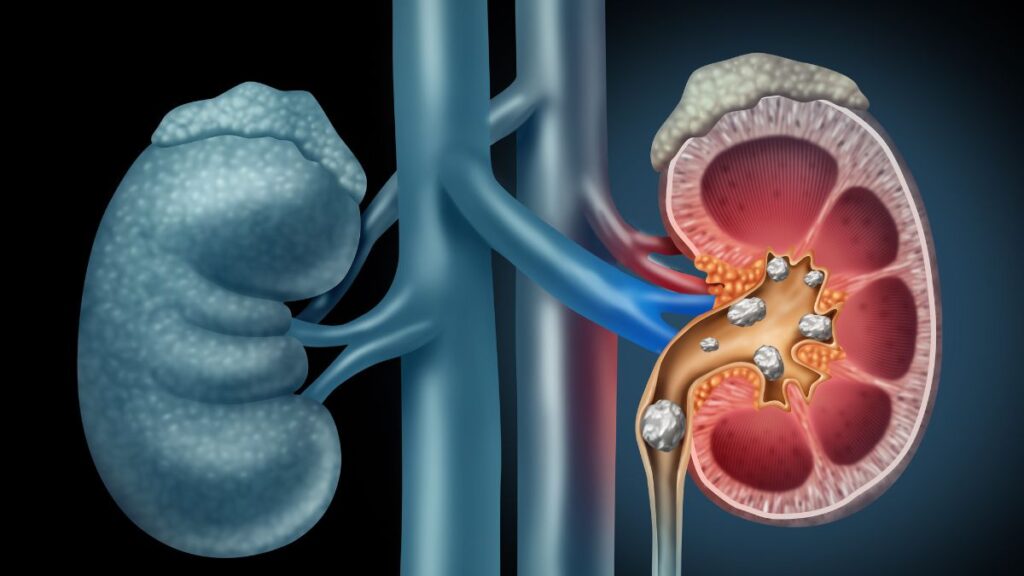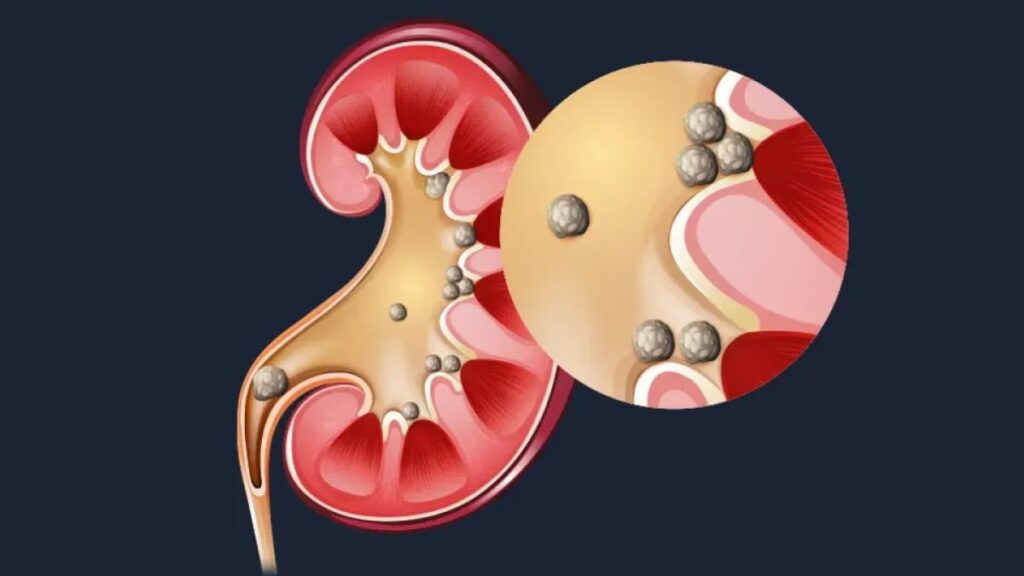Introduction
Kidney stones, those tiny yet mighty pebbles that form in your kidneys, can bring excruciating pain and discomfort. If you’ve ever experienced one, you know that it’s a pain you’ll never forget. In this blog, we’re going to explore the world of kidney stones, from understanding what they are to how you can deal with them effectively.
What Are Kidney Stones?
Kidney stones are hard deposits of minerals and salts that form in your kidneys. They can vary in size, from as small as a grain of sand to as large as a golf ball. These stones can be composed of various substances, including calcium, oxalate, uric acid, and struvite.
The Agonizing Symptoms
The most common sign of a kidney stone is intense pain, often referred to as “renal colic.” This pain typically starts suddenly and can be felt in your back, side, lower abdomen, or groin. Other symptoms may include:
- Painful urination
- Blood in the urine
- Frequent urination
- Cloudy or foul-smelling urine
- Nausea and vomiting
- Fever and chills (if there’s an infection)
Causes and Risk Factors
Understanding why kidney stones form is essential for prevention. Dehydration, a diet high in certain minerals, family history, and certain medical conditions can increase your risk. Knowing your risk factors can help you take preventive measures.
Dealing with Kidney Stones
So, how do you deal with these painful invaders? Here are some steps to consider:
Stay Hydrated: Adequate fluid intake is crucial. It keeps your urine diluted, making it less likely for minerals to clump together and form stones.
Dietary Modifications: Depending on the type of stone you’ve had, your doctor may recommend dietary changes to reduce the risk of recurrence.
Pain Management: Pain relief is a top priority. Your healthcare provider can prescribe medications to help you manage the pain during an episode.
Medical Procedures: In some cases, medical intervention may be necessary. Options include shock wave lithotripsy, ureteroscopy, and surgical removal.
Prevention: Once you’ve experienced a kidney stone, you’ll want to do everything possible to prevent another. Your healthcare provider can provide personalized guidance based on your stone’s composition and your medical history.
When to Seek Medical Attention
If you suspect you have a kidney stone, it’s crucial to seek medical attention promptly, especially if you experience severe pain, fever, or chills. Kidney stones can lead to complications, such as kidney damage or infection, if left untreated.
Conclusion
Dealing with kidney stones can be incredibly painful, but with the right approach, you can manage the pain and reduce the risk of recurrence. Remember, staying informed and working closely with your healthcare provider is key to passing this painful chapter in your life.



